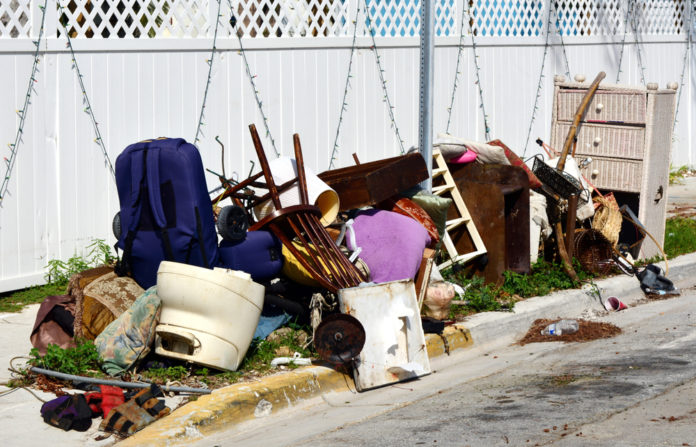Protests challenging sole-source award are denied. Following a tornado, the agency awarded a sole-source contract for emergency debris removal. The court found that the sole-source contract was justified by an unusual and compelling urgency. The public health was at risk from debris, and it would have taken too long to solicit bids in an open competition.
Background
The Army Corps of Engineers issued a solicitation seeking contractors to remove debris after natural disasters. After reviewing proposals, the Corps awarded a debris-removal contract to DRC Emergency Services. An unsuccessful offeror, D&J Enterprises, filed a GAO protest challenging the award. The protest triggered the automatic stay of award under CICA.
Around the same time that D&J filed its protest, a tornado hit Kentucky, causing significant damage and leaving tons of debris. Because of D&J’s GAO protest, DRC’s debris-removal contract was stayed. Due to the emergency circumstances, however, the Corps issued a sole-source contract to deal with the Kentucky tornado.
D&J and another offeror, Ceres Environmental Services, filed protests with the Court of Federal Claims challenging the sole source award.
Legal Analysis
Corps Didn’t Violate FAR 6.302-2
D&J and Ceres alleged that the award of the emergency contract to DRC violated FAR 6.302-2. That provision states that an agency may award a sole-source contract “when the agency’s need for the supplies and services is of such an unusual and compelling urgency that the government would be seriously injured unless the agency is permitted to limit the number for sources from which it solicits bids, full and open competition need not be provided for.”
- Unusual and Compelling Urgency – The protesters argued that the sole-source award was not justified because debris removal is not unusual. Natural disasters happen often and debris removal is expected. The court, however, found that the protesters were mistating the test. The question under FAR 6.302-2 is whether the need for services is unusual, not whether debris removal after a natural disaster is unusual. Here, the emergency situation in Kentucky created an urgent need for debris removal.
- Injury to the Government – Ceres contended the government had only alleged potential harm to citizens and not harm to the government as required by FAR 6.302-2. The court rejected this argument, reasoning that injury to the government includes serious risk to the health and safety of the public the government serves.
- Solicitation from Many Sources – The protester asserted the Corps violated the FAR by not soliciting from as many sources as practicable. But the court found that the Corps had reasonably determined that even a barebones competition would have taken between 30-45 days, which was too long for the emergency situation created by the debris.
- Period of Performance – The protester alleged that the period of performance of the sole-source contract was unreasonable. The court disagreed, finding that the period of performance would not exceed the time it would take to remove debris, and it was shorter than one year.
The Sole-Source Award was Firm Fixed Price Contract
The protesters complained the sole-source violated FAR 12.207, which requires agencies to use firm-fixed price contracts for commercial services like debris removal. The court found that the contract in this case provided that it was a firm-fixed-price contract.
Corps Didn’t Act In Bad Faith
The protesters contended that the Corps had violated FAR 1.102-2(c), which requires the government to conduct business with integrity, fairness, and openness. The protesters alleged the government had engaged in gamesmanship and bad faith in awarding the sole-source contract to circumvent the CICA stay. The court, however, reasoned that FAR 1.102-2 does not create a judicially enforceable right and has no binding legal force. Even if it did, the court did not believe the Corps had acted in bad faith in awarding a sole-source contract to deal with debris removal.
Ceres is represented by Lochlin B. Samples and Parker A. Lewton of Smith Currie & Hancock, LLP. D&J is represented by Carl A. Gebo of Gebo Law LLC. The intervenor, DRC, is represented by Kyle R. Jefcoat, David R. Hazelton, Julia A.C. Lippman, and Joshua J. Craddock of the Latham & Watkins LLP. The government is represented by Borislav Kushnir of the Department of Justice and Tarrah M. Beavin of the Army Corps of Engineers.




